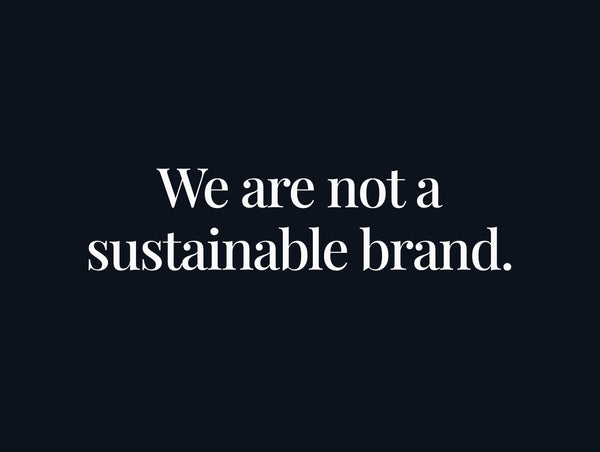Words by Mike Adno
Last week, the Biden Administration moved to prohibit any oil drilling across 13 million acres of the National Petroleum Reserve in Alaska and canceled all leases in the Artic National Wildlife Refuge. The protections come months after the Biden administration approved The Willow Project, an $8 billion oil drilling project on federal land in Alaska that over the course of three decades will emit 254 million metric tons of carbon emissions.
The announcement on Wednesday was in many ways a plea to win back voters ahead of Biden’s 2024 bid for re-election. In the wake of the administration’s green light of Willow, many voters, especially young voters, felt betrayed. During Biden’s campaign, he promised, “No more drilling on federal lands, period. Period. Period.”
Immediately upon taking office, President Biden rejoined the Paris Agreement, set a goal to cut emissions 50% below those of 2005 by 2030, and earmarked $370 billion for clean energy incentives. Willow was in many ways seen as a stark contradiction, a step backwards, and a breach of faith for voters who support the dissolution of fossil fuels. According to the Pew Research Center, more than 62% of young voters support the phasing out of fossil fuels.
The announcement on Wednesday was in many ways a plea to win back voters ahead of Biden’s 2024 bid for re-election. In the wake of the administration’s green light of Willow, many voters, especially young voters, felt betrayed. During Biden’s campaign, he promised, “No more drilling on federal lands, period. Period. Period.”
Immediately upon taking office, President Biden rejoined the Paris Agreement, set a goal to cut emissions 50% below those of 2005 by 2030, and earmarked $370 billion for clean energy incentives. Willow was in many ways seen as a stark contradiction, a step backwards, and a breach of faith for voters who support the dissolution of fossil fuels. According to the Pew Research Center, more than 62% of young voters support the phasing out of fossil fuels.

But the political calculus was shaped by the threat of costly litigation from Willow’s operator, ConocoPhillips, due to the longstanding leases they hold in Alaska and the rights therein, as well as the backlash from Republicans who believe it would harm America’s energy independence. Increasing pressure from Alaska’s lawmakers and the looming energy crisis only complicated the decision.
To reduce the sting, the Biden administration demanded cutting the amount of drilling sites from five to three, safeguards to prevent expansion, and finally, the broad protections announced on Wednesday. While the International Energy Agency has called for a moratorium on new oil and gas drilling, it has projected a rising demand meant to peak in 2035. Critics of Willow believe this project will only handcuff the United States to fossil fuels long after the demand wanes while supporters see it as necessary to prevent reliance on other countries in the future.
To reduce the sting, the Biden administration demanded cutting the amount of drilling sites from five to three, safeguards to prevent expansion, and finally, the broad protections announced on Wednesday. While the International Energy Agency has called for a moratorium on new oil and gas drilling, it has projected a rising demand meant to peak in 2035. Critics of Willow believe this project will only handcuff the United States to fossil fuels long after the demand wanes while supporters see it as necessary to prevent reliance on other countries in the future.

















